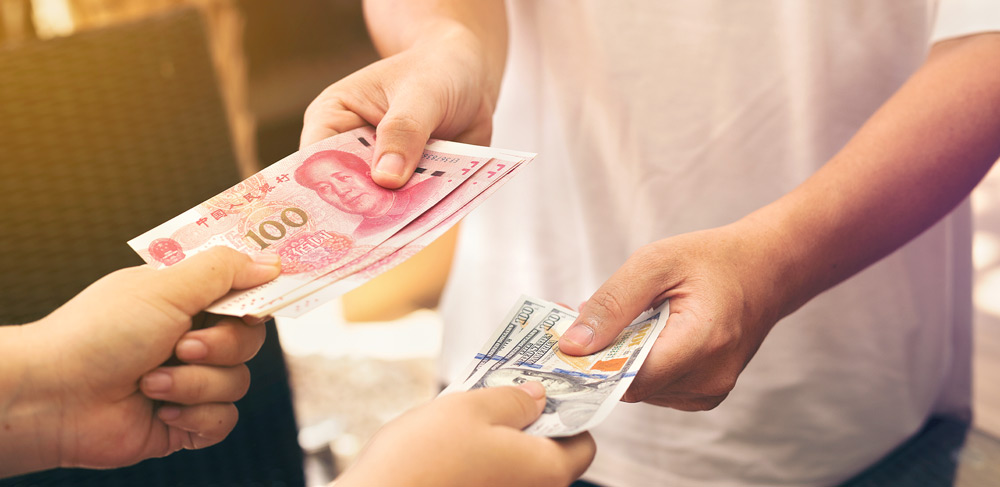In today’s globalized world, travel, international business, and online shopping have made foreign money exchange a common and necessary service. Whether you’re planning a vacation abroad, studying in another country, or dealing with international clients, understanding how money exchange works is essential.
What is Foreign Money Exchange?
Foreign Money Exchange, also known as currency exchange, is the process of converting one country’s currency into another. For example, if you’re traveling from India to the United States, you’ll need to exchange Indian Rupees (INR) for US Dollars (USD).
This service is offered by banks, currency exchange companies, airports, hotels, and even online platforms.
Why is Currency Exchange Important?
- Travel: Tourists need local currency to pay for goods and services abroad.
- Business: Companies doing international trade must convert currencies for payments.
- Education: Students studying overseas need to pay in the currency of that country.
- Remittances: People working abroad often send money home in local currency.
How Does It Work?
Currency exchange is based on exchange rates, which change daily due to global economic factors. An exchange rate tells you how much of one currency you’ll get for another.
Example:
If 1 USD = 83 INR, and you exchange ₹8,300, you’ll receive $100 (excluding fees).
Rates are determined by:
- Supply and demand
- Inflation and interest rates
- Political stability
- Market speculation
Where Can You Exchange Money?
- Banks: Safe and trustworthy, but may charge higher fees.
- Currency Exchange Counters: Found in airports, hotels, and shopping centers.
- Online Platforms: Offer convenient, door-step delivery and often better rates.
- ATMs Abroad: You can withdraw local currency using international debit/credit cards, though charges may apply.
Tips for Currency Exchange
- Compare Rates: Always check rates from multiple sources before exchanging.
- Avoid Airports if Possible: Airport counters usually offer lower rates and higher fees.
- Keep Receipts: You might need them for reconversion or tax purposes.
- Know the Limits: Be aware of how much foreign currency you’re legally allowed to carry.
Common Terms in Foreign Exchange
- Forex (FX): Short for Foreign Exchange.
- Bid Rate: Price at which the dealer buys your currency.
- Ask Rate: Price at which the dealer sells you the currency.
- Spread: The difference between the bid and ask rates—this is how dealers make money.
Conclusion
Foreign money exchange plays a vital role in international travel, business, and finance. Understanding how it works can help you save money and avoid fraud. With digital platforms and global connectivity, exchanging currency is now easier than ever, but staying informed will always be the key to getting the best deal.
